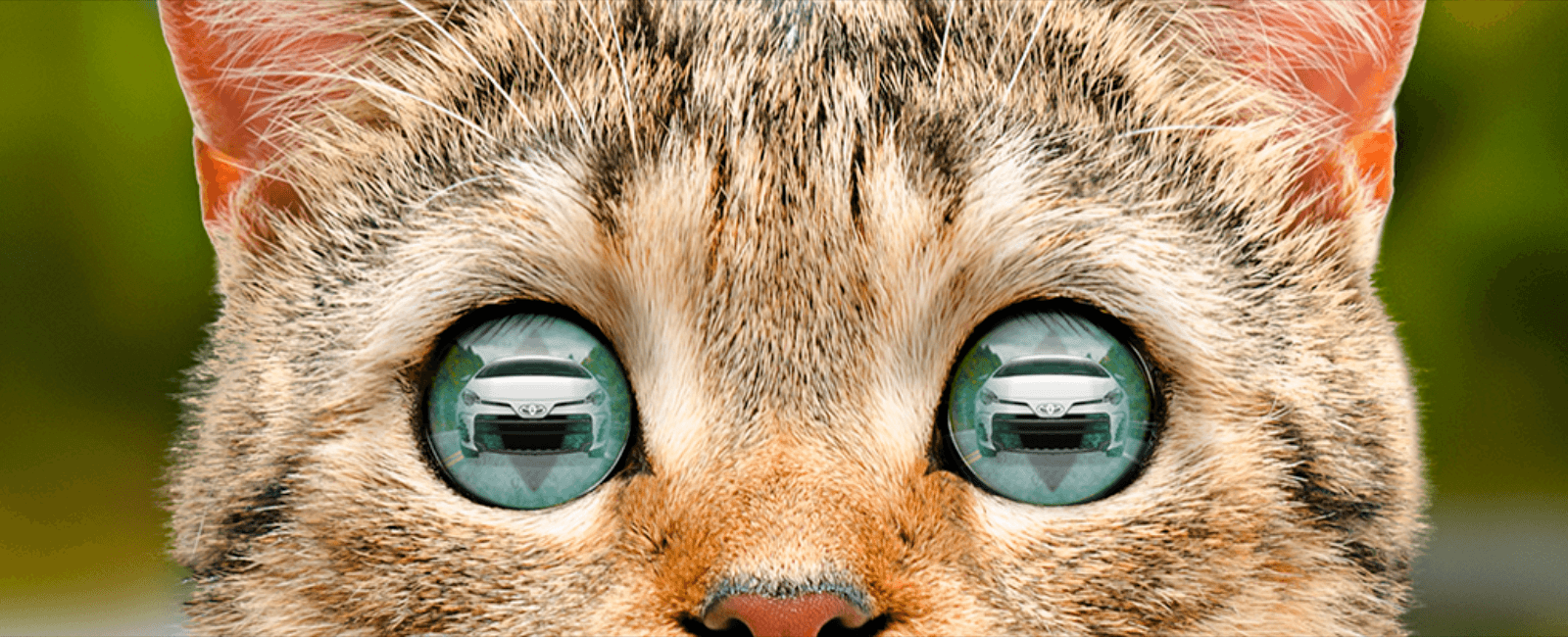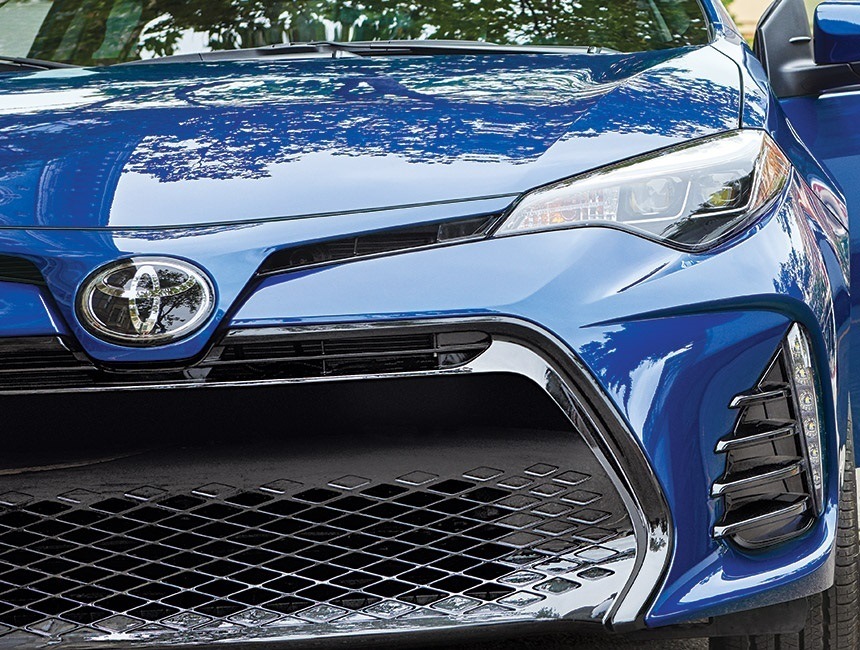In the age of planned obsolescence, we all dream of durable and resilient products that are repairable rather than expendable. What if we told you there is a way to extend the life of your vehicle parts? With regular brake inspections, you’re doing more than ensuring part longevity, you’re investing in your safety.
Prevention is key to durability
As is often the case, it is better being safe than sorry. When it comes to brakes, we aim to maintain the mobility of each component to ensure braking effectiveness, of course, but also to extend the life of the parts.
In a braking system, the friction between parts is what immobilizes the vehicle. And where there is friction, there is normal wear and tear. A disc brake, for example, is made up of a caliper with brake pads that clamp the rotor behind the wheel. The pistons in the caliper transmit the movement of the pedal. Because of all this movement, brakes require regular attention, for both your safety and your wallet.
Poor maintenance is the primary factor in the premature aging of brakes. So it’s best not to wait for symptoms to appear. An abnormal sound when braking is probably a sign of serious wear and tear. A change in the resistance of the pedal, vibrations when braking, and the brake light turning on may also indicate potential issues.
The hazards of winter
Winter in Quebec isn’t just hard on people. Salt, calcium, and gravel on the road all lead to corrosion forming in the braking system. And that’s not to mention our climate’s characteristic variations in temperature and humidity that also wear the brakes down.
Before the cold hits, make sure you add a brake inspection to your to-do list, even if there is no sign of a problem. Your vehicle needs to prepare for winter too.
Pro moves
With regular inspections, we can assess part wear, and disassemble, clean, and lubricate the parts to prevent them from literally sticking to rust. This avoids expensive repairs caused by seized calipers and uneven brake wear. A specialist can also determine if worn pads and seized calipers need to be replaced, and fix or replace the rotor if necessary. Lastly, brake fluid should be changed regularly to keep the hydraulic system functioning properly.
We recommend an inspection in the fall and another in spring for optimal maintenance of your brake parts. The wise option is to entrust your auto maintenance to someone who really knows your vehicle: your dealer, the number one Toyota expert. Before you forget, book an appointment for this fall!
Book an appointment


